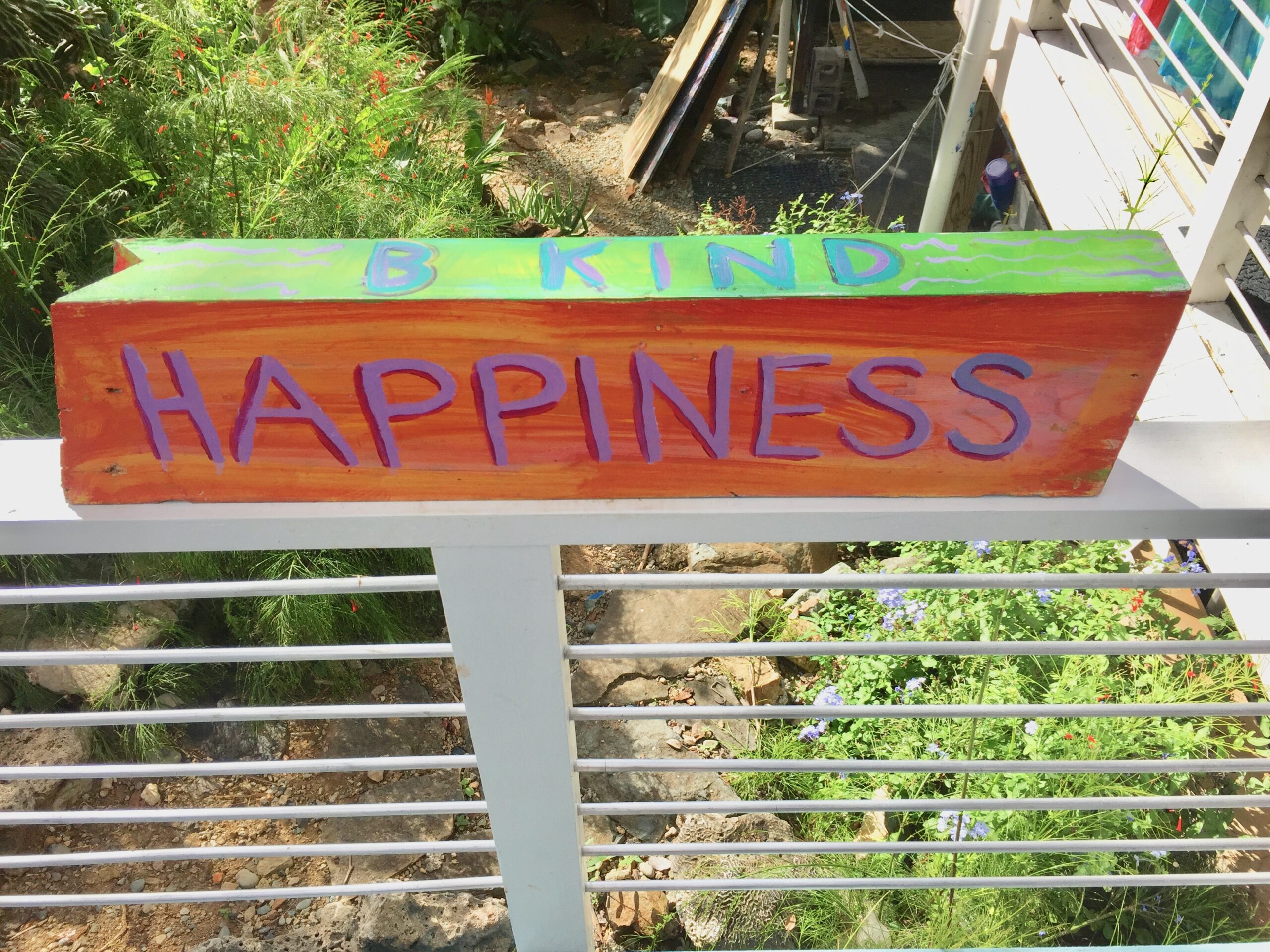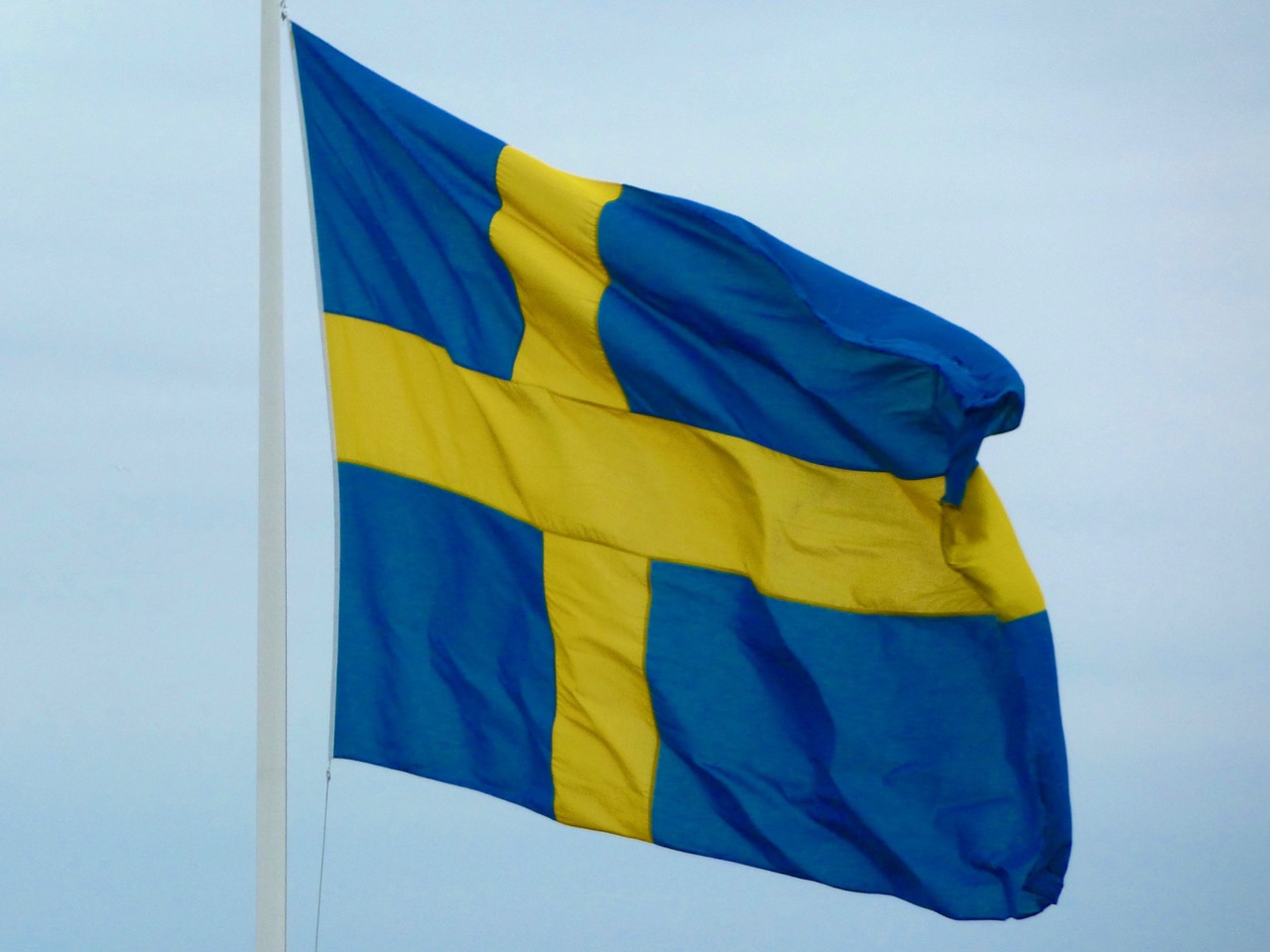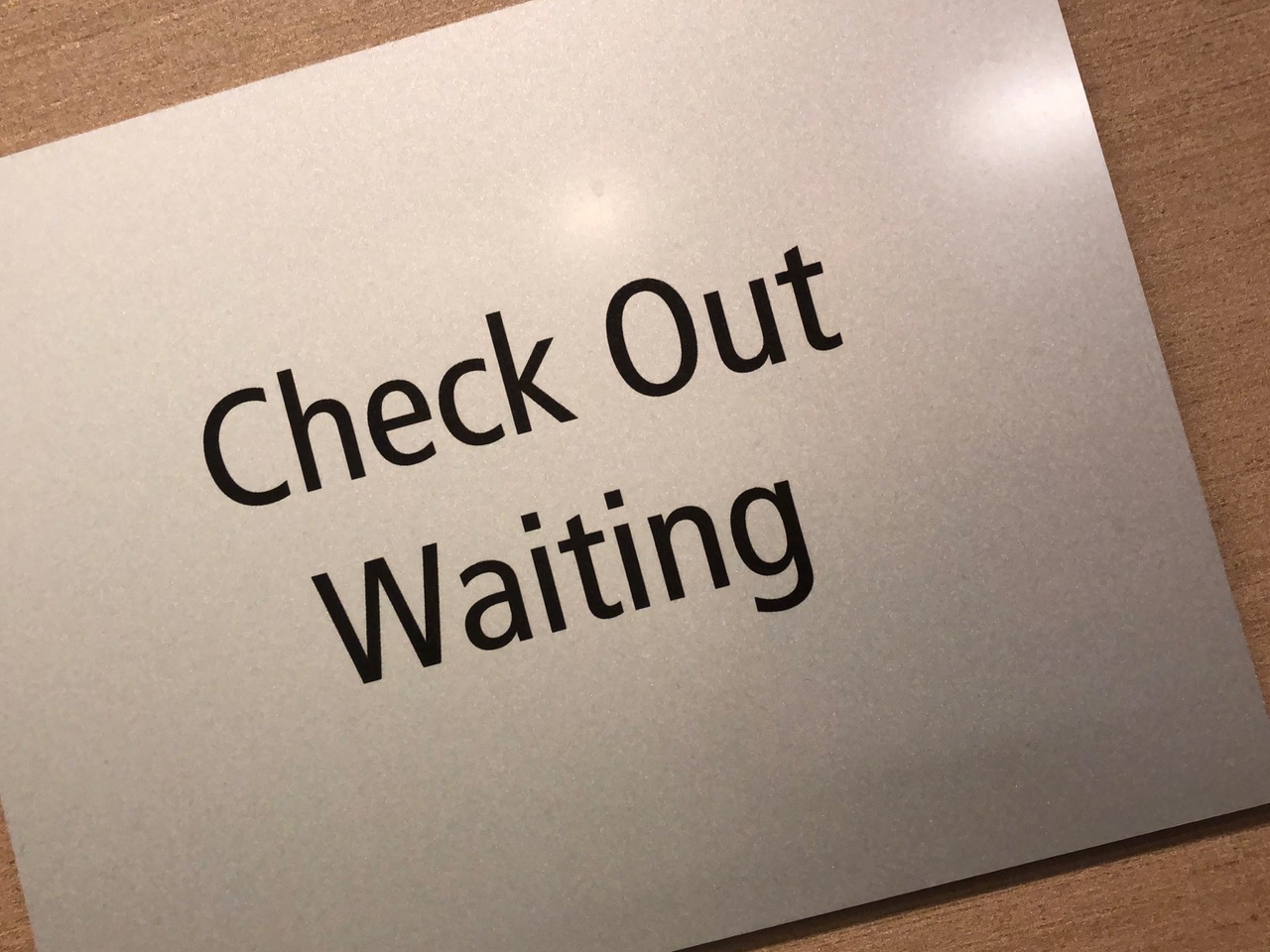Kimmel & O’Connor Commend BreakAways; Wilderness Swamped

Have you been tuning in to the late night comedy-talk shows? I hope so. Because even though Kimmel, Colbert & comrades have been recording in their home offices (and rec rooms and garages) they’ve been creating some of their best work. Absent the cheesy crowd noise and adulation, the hosts work harder and end up showing more star power.
More comedic relief, too. The summer we all want to forget (and survive) gets punched in the gut-laughs nightly, with crisp and daring monologues and occasional skits—often including family. Speaking of, Jimmy’s daughters are darling; they join him for a feature on Fridays. Their girly giggle-attacks are more contagious than the Coronavirus!
But Jimmy needs a break. According to the BoGlobe, he’s taking his longest break (a few months) after 18 years and 3,130 episodes. We’ll miss him. And hope that when he returns, he has a crowd to cheer him on. But now we know: If not, well, he’ll still provide essential laughter therapy.
- Justice O’Connor’s 5-year break transformed her future
Sandra Day O’Connor’s career is legendary, with top-tier positions in all 3 branches of government and, ultimately, a long stint on the U.S. Supreme Court. Yet she speaks of the 5-year break to raise her 3 sons as perhaps the most game-changing chapter of all.
A babysitter quit; could happen to anyone. But this was the early 1960s, and daycare options were virtually non-existent. So O’Connor became a homemaking mom, and eventually had to volunteer, scheme, and fight her way back to employment. Boy, did she!
Her story gets sterling telling thanks to Carol Fishman Cohen, founder of iRelaunch, an admirable advocacy of career breaks and workplace re-entry. Her TED talk offers a touchstone for our vital cause, with millions of views to prove it!
Justice O’Connor’s trail-blazing example proved what was possible: that a career break is not a permanent roadblock, but rather a life-changing, character-shaping step along the way.
Our thanks to both of these innovators for their great work and, especially, for their BreakAway leadership!
- MN wilderness is swamped
The COVID-19 pandemic has destroyed most travel dreams, and likely countless simple summer vacation plans. Here in MN, however, the camping and outdoor getaway business is booming. State parks report a 62% increase in day traffic over a year ago. And popular places like Lake Superior’s North Shore have become so busy that ill-mannered neophytes are a problem.
Knowing that people are finding a way to escape their 4 walls and 55 worries to absorb the great outdoors offers a ray of sunshine in gloomy times. But really, people? Cutting down pines to increase your view? Throwing trash in Boundary Waters latrines? Emptying an RV septic tank by the side of the road? Hmmm. Maybe these morons should stay in lock-down!
As one outfitter theorizes, “The world is in a disruptive mode, maybe people are caring less…the world is coming to an end so we’ll do whatever the hell we want to do.”
Sad. Because these attditudes can become self-fulfilling destinies. And don’t we have enough to lament and fret about without engaging in reckless, recreational destruction?
Yes, we do. So go. BreakAway. Get your yayas out. But please, people: Clean up after yourself. And be kind.
Keep the faith.






















